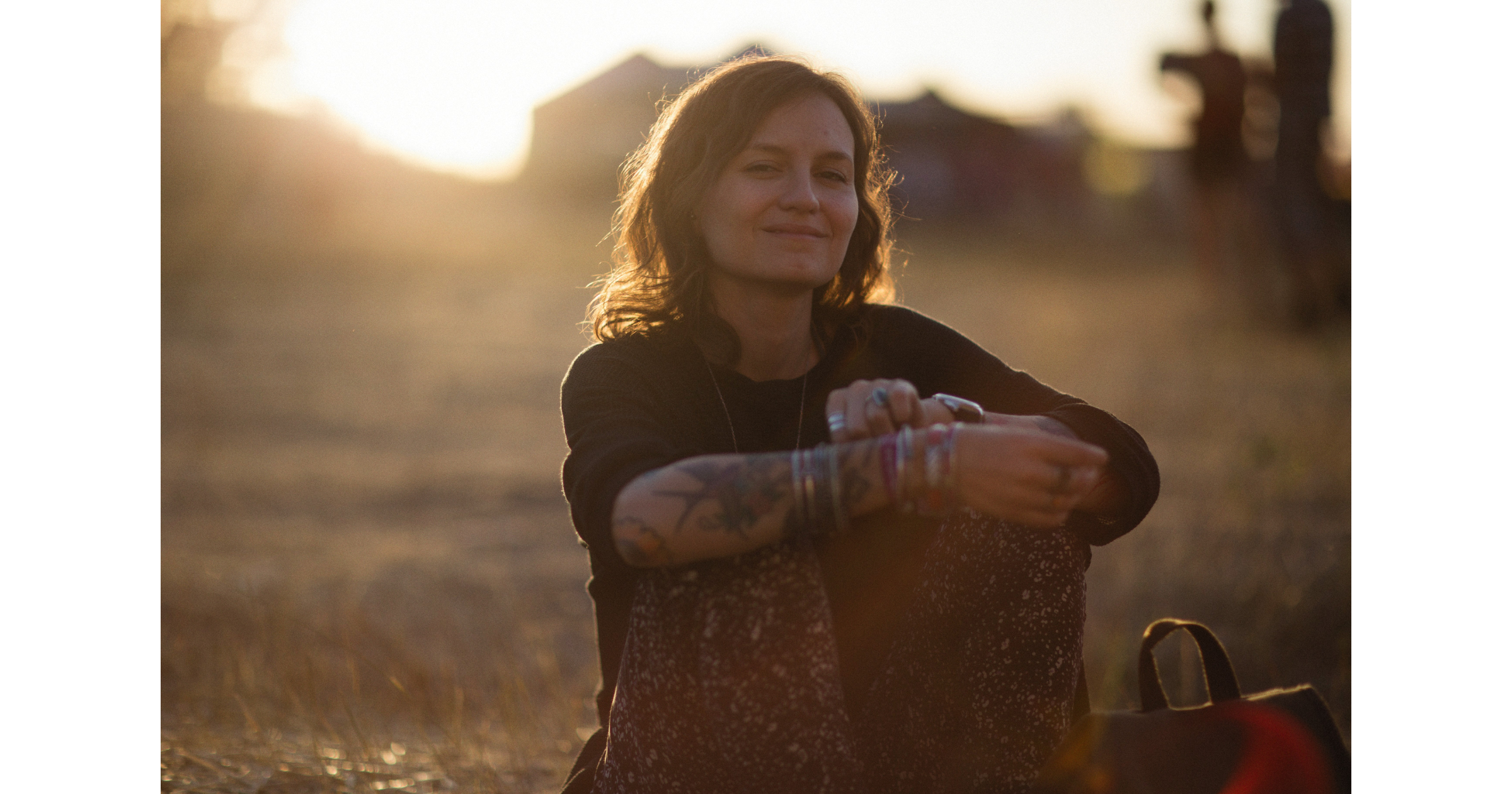Blog
Making Space for Your Voice: Creativity, Identity, and Healing
Explore how creative expression supports voice, self-trust, and healing, with trauma-aware insights for teens, caregivers, and mentors in daily life.
Prioritizing Your Connection to Self
A reflection on staying connected to yourself through everyday cues, supportive relationships, and creativity as a gentle way back to clarity.
Wintering Explained: Why Our Biology Welcomes a Slower Season
Wintering biology explained in plain language. Learn how light, energy budgeting, and calm states support recovery without guilt.
Year-End Reflection and Sustainable Goals for Families
A calm close to the year: what stayed true, what can be released, and how small, shared aims can carry a family forward without urgency.
The Eva Way: Educate, Empower, Inspire
Inside small, home-like houses in Salt Lake City, therapy, Cognia-accredited academics, creative work, daily-living practice, and family partnership come together at Eva Carlston. This overview shows how trauma-informed care, the Teaching-Family Model, and community outings help students practice skills they can carry forward.
Volunteer to Grow Confidence and Connection
Volunteer time builds confidence and belonging through real contribution. This parent-friendly guide shows how a one-hour-a-week habit supports skills that stick and why steady roles matter when many openings go unfilled.
Repair After Tension: A Simple Family Guide
When a hard moment creates distance, repair brings the room back together. Clear language and three steady moves rebuild trust, with activity boxes for art, service, and low-pressure recreation.
Art, Music, and Light: Creative Pathways Through Winter
Winter changes how people feel and focus. This piece explains how creativity, light, and gentle structure support well-being, with examples that fit homes, classrooms, and programs like Eva Carlston.
When the Body Remembers: Somatic Clues of Shame
Shame can show up as a slumped posture, heat in the face, a tight chest, or a freeze response. Here are gentle, practical ways to steady.
Anger, Then What? Making Space Between Feeling and Action
Anger moves fast. This two-minute routine slows the moment so teens and families can choose the next right step. Start with the body, add one question, then repair.
Belonging Comes First: Why Connection Makes Skills Stick
Belonging comes first. When teens feel safe and known, the nervous system settles and the mind can learn. This piece explores how caring adults mentor with calm coaching, peers encourage effort, and short, supported practice helps new skills stick across school, home, and creative spaces.
Small Classes, Real Momentum: Personalized Teaching at Eva Carlston
Small classes and personalized teaching help students participate, ask questions, and move at a calm, doable pace. College prep, fine arts, and cultural learning keep progress real.
Different Kinds of Loss Teens Carry
A clear guide to losses teens may carry: death, separation, moves, friendship endings, health changes, and ambiguous or overlooked grief, with simple supports.
From Signs to Support: How to Notice, Screen, and Steady Low Mood
Early signs, teen-specific cues, conversation starters, depression screening as a first step, and when to seek immediate help.
Sleep and Mental Health for Better Mood and Learning
Restorative sleep supports steadier mood, clearer thinking, and stronger learning across all ages, with pronounced benefits during adolescence. This piece shares realistic habits and a study-smart evening plan that keeps schoolwork moving while protecting rest, plus guidance for families and programs creating calm, consistent routines.
Trauma-Informed Education for Families
Trauma-informed education for families brings caregivers and schools into alignment around safety, predictability, and voice. Learn what it means, why partnership matters, and how to map safety, practice co-regulation, and create gentle reentry so learning feels possible again.
Suicide Prevention Support Guided by Compassion
Awareness months can open doors, yet steady care is built day by day. Healing moves differently for everyone, which is why gentle routines, clear information, and supportive relationships matter in every season. Keeping suicide prevention support in daily life helps people feel less alone and more able to reach for help when waves get rough.
Practical Life Skills In Education: From List To Cart To Kitchen
Practical life skills in education come into focus when everyday tasks become meaningful practice. At Eva Carlston Academy, we build time for students to slow down and learn step-by-step: making a list, finding what’s needed, and following through. In these moments, they practice executive functioning—planning, organizing, prioritizing—and strengthening habits that build confidence and independence.
Art, Movement, and Mindfulness: Creative Pathways to Self-Discovery
Practical life skills in education come into focus when everyday tasks become meaningful practice. At Eva Carlston Academy, we build time for students to slow down and learn step-by-step: making a list, finding what’s needed, and following through. In these moments, they practice executive functioning—planning, organizing, prioritizing—and strengthening habits that build confidence and independence.
Skills that Stick: How CBT and DBT Tools Show Up in Everyday Life
Learning how CBT and DBT tools show up in everyday life begins with something small: noticing. When teens can name a pattern, practice a skill, and return to it when things get hard, growth becomes real—not just a lesson, but a way of living. At Eva Carlston Academy, we make these skills visible and repeatable, so they stick.





















